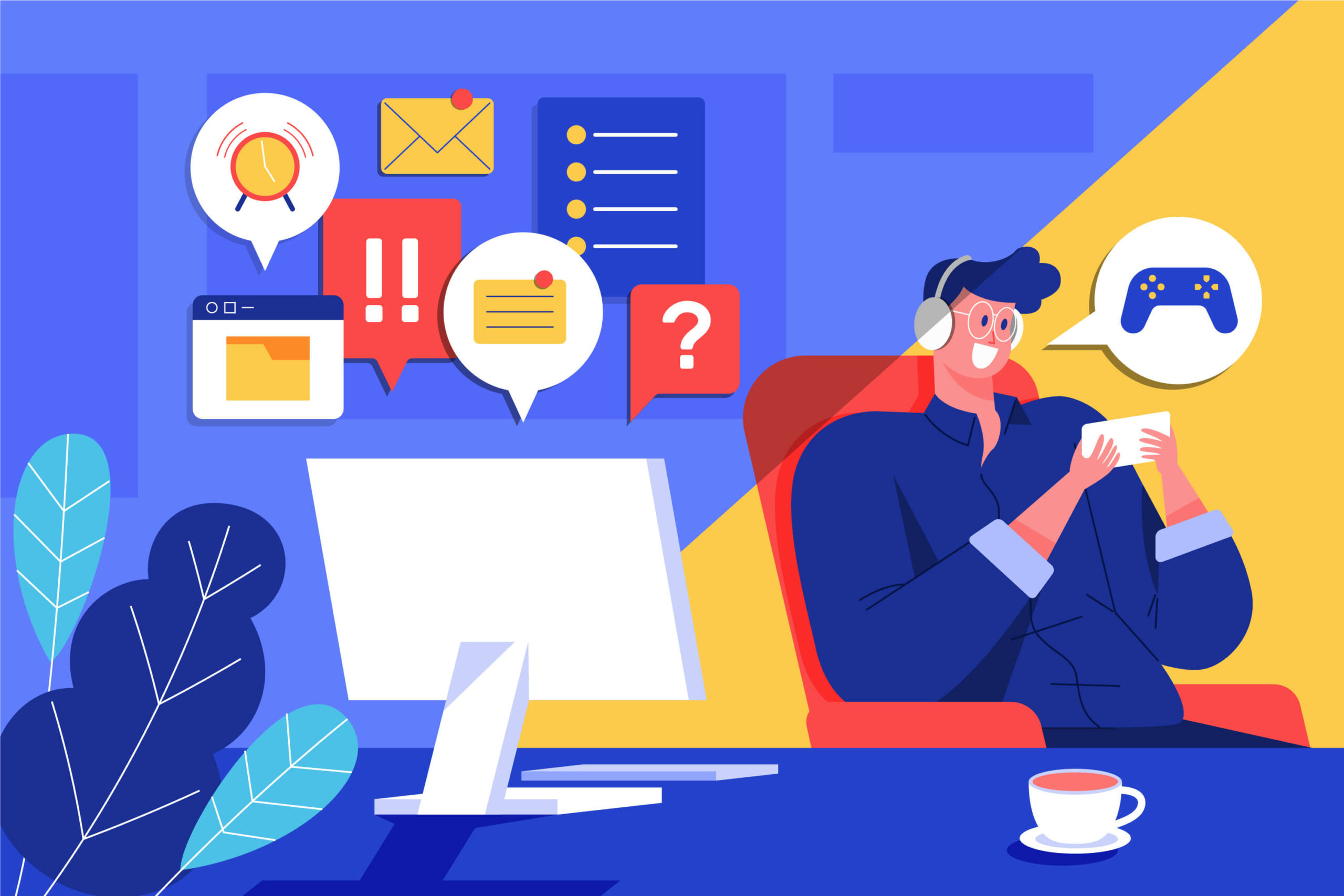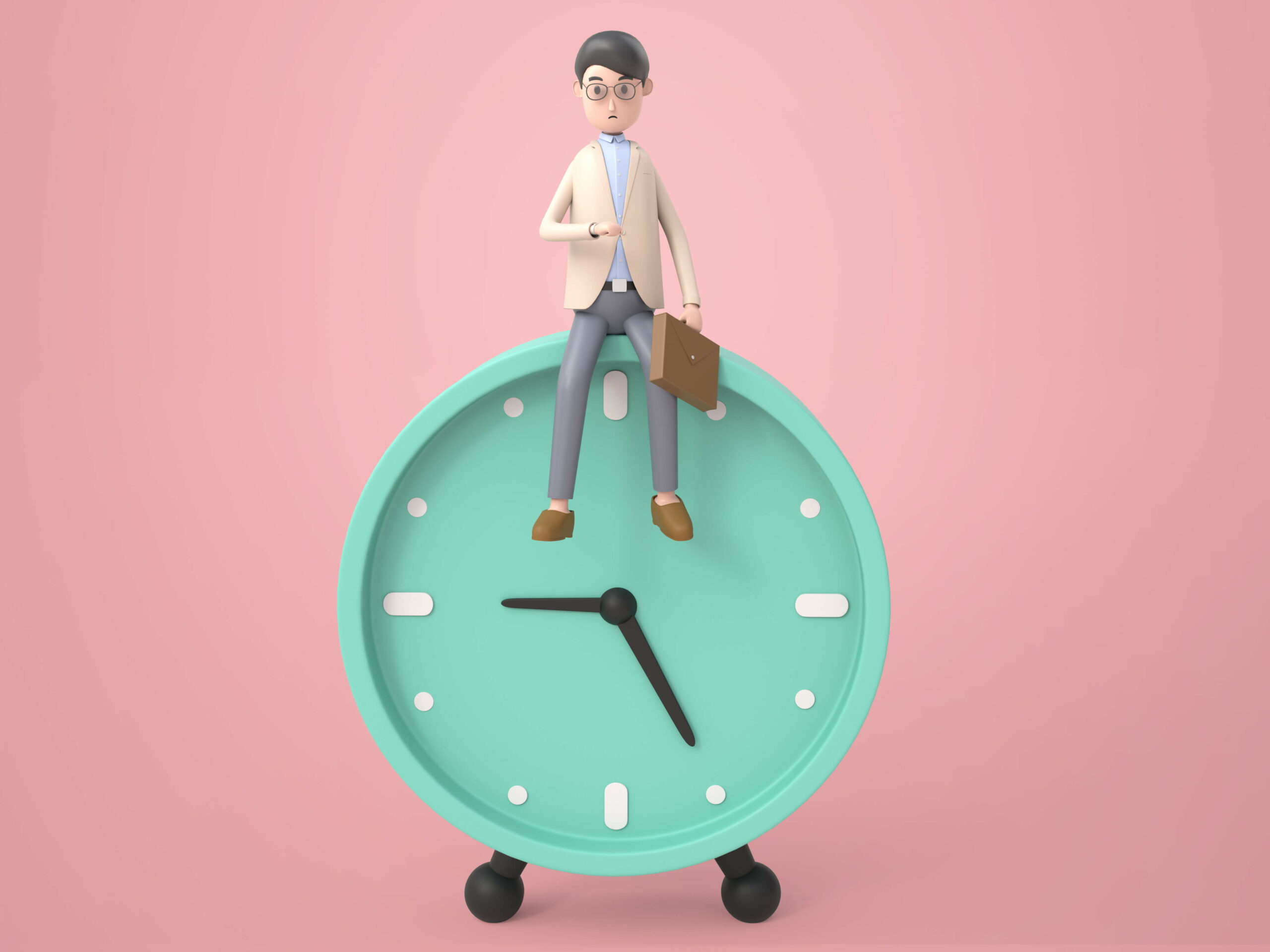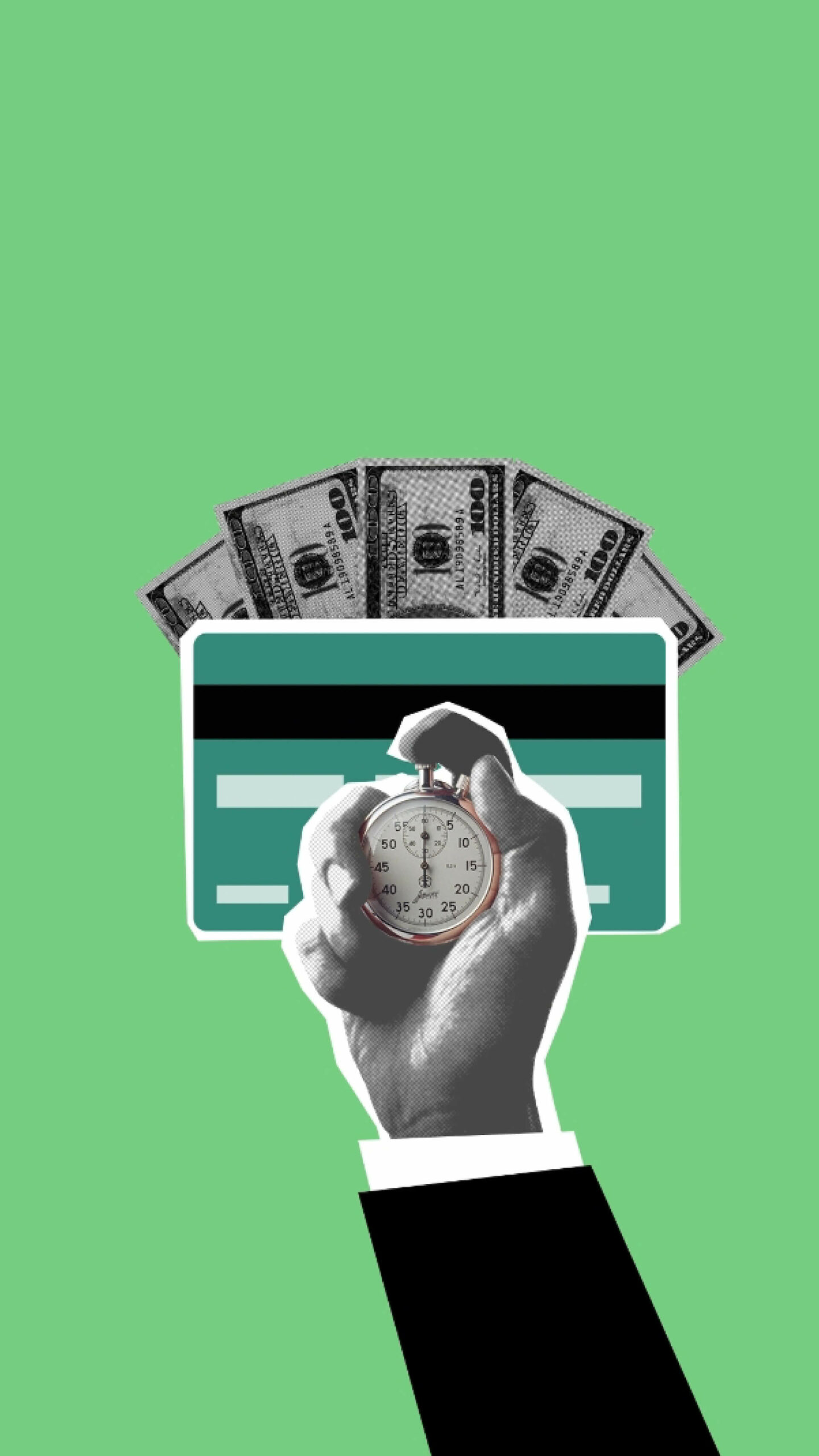At one point in your life, you may find yourself procrastinating something. Generally, those are the things you don’t want to do, and even though you push yourself, it might not work. You are not alone. It is a problem many people face. However, that habit can have serious consequences, particularly for your professional life. But what is procrastination, exactly? And how can we stop it before it becomes a problem? Read on if you want to learn how to manage your time better and avoid procrastinating!
What is Procrastinating? Procrastinating Meaning
Procrastination is the act of delaying or putting off something that needs to be done at a certain time (most probably very soon 🙂 ) to another time in the future. And most people postpone some activities until the last minute or totally avoid it. The problem is this beahaviour reduces your productivity, performance and may even lead to missed deadlines, unmet goals. It also increases stress level and creates a feeling of guilt which demotivates you. That is why, it’s very important to understand why you do this and figure out how to stop it.
Is Procrastination The Same As Being Lazy?
Many people associate laziness with procrastination. But these are two different beasts. Lazy people do not feel motivated or interested in doing anything at all. On the other hand, people who procrastinate will often still feel motivated but struggle with actually starting the task. People usually procrastinate because they may fear failure or feel overwhelmed, scared, or anxious about tackling the task at hand. The good news is Procrastination can be overcome with the right strategies, such as breaking down tasks into smaller piecese, setting realistic deadlines, and removing distractions. But dealing with laziness is totally a different story.
Quick Tips To Avoid Procrastination
1. Prioritize your tasks. Make a list of all the tasks you need to complete, and then prioritize them based on importance. For prioritization, you can use an Eisenhower matrix.
2. Set deadlines and clear goals. Give yourself a realistic timeline for each task, and make sure you stick to it. Don’t be wishful. Otherwise, you may demoralize yourself.
3. Break down tasks into smaller tasks. Try to granulalize all your tasks as much as you can. This will make each sub-task seem less daunting and easier to achieve.
4. Eliminate distractions. Turn off your phone, log out of social media, and find a quiet place to work. I listen ADHD focus music these days. It helps to concentrateç
5. Reward yourself. Celebrate small successes. A cup of coffee or a snack may work. Some random student on Twitter found the following solution 🙂

6. Take breaks throughout your day, so you don’t burn out from working too hard or too long on one task at a time.
Benefits Of Time Management
The medicine for procrastination is time management. Because it helps you to get organized, plan ahead, achieve your goals faster, increase productivity, reduce stress levels, improve the quality of your work/life balance, and ultimately become more successful. However, the trick is that you manage your tasks rather than your time. Every week, allocate your tasks to certain time slots in your calendar. Having just a to-do list does not suffice! Let your calendar guide you. When the time comes, gather your mental power and just do it:) This will help you to make the most out of every day by setting priorities and focusing on what’s important while avoiding distractions like procrastination or spending too much time on unimportant tasks. Making such a plan with a calendar also helps you manage your workload too.
Biological or Psychological reasons for Procrastination
Effective time management and sticking to quick tips may help to the majority of people but we cannot ignore the fact your body and hormones might be working against you too!
On the psychological side, procrastination can be caused by a lack of motivation, fear of failure, perfectionism, or low self-esteem. If you are experiencing any of these, it may be the core reason you procrastinate! On the biological side, if you lack dopamine, or serotonin it may affect your mood substantially.
What is dopamine, and how to increase it?
Dopamine is a neurotransmitter in the brain. It is associated with feelings of pleasure, reward, and motivation. It is released when we do something that you enjoy or bring you satisfaction, such as eating a delicious meal or achieving a goal (that is why breaking down tasks into smaller chunks matters!).
Increase dopamine levels by engaging in pleasurable activities such as:
- exercising,
- listening to music,
- spending time with friends.
- Moreover, certain foods such as dark chocolate, green tea, and nuts may help to increase dopamine levels.
If you lack dopamine, this can lead to an inability to focus and a lack of motivation.
What are Serotonin and Endorphin and how to increase them?
Other than dopamine, serotonin and endorphin neurotransmitter are also important. Serotonin is associated with feelings of happiness and satisfaction. Endorphins are released you we engage in activities that bring you pleasure, such as exercise or socializing.
All of these hormones help to regulate our motivation levels, and can be increased through diet, exercise, and other lifestyle changes.
To boost your serotonin and endorphin:
- For serotonin increase, consume foods that are high in tryptophan: eggs, salmon, nuts, and bananas.
- For endorphins increase: dark chocolate (it has beta-endorphins)
- Get enough sleep and exercise
- Engage in pleasurable activities: listening to music or spending time with friends.
The master procrastinator
If you have read so far and now determined to beat your procrastination and get a grip of self-control, well done. But let’s do one last time of procrastination 😁 Here is the the mind of a master procrastinator.
Beat the procrastination – Wrap Up
Procrastination seriously affect lives. But don’t forget it is not the same thing as laziness. You just need to manage your time by prioritizing and breaking tasks into smaller tasks, setting realistic deadlines, eliminating distractions, and rewarding yourself. These help more if you have ADHD. But even if you have no ADHD, be mindful about your perfectionism habit. Bear in mind that even an sketcy progress is better than nothing. So accept perfectionism is something we cannot achieve, but it is something to strive for. By sticking to our quick tips, you can strategically eliminate procrastination habit. However, we cannot overlook how our body affects our mood too. To boost your mood, have a healthy diet, and spend time with your friends and loved ones. A healthy mind is in a healthy body after all.





